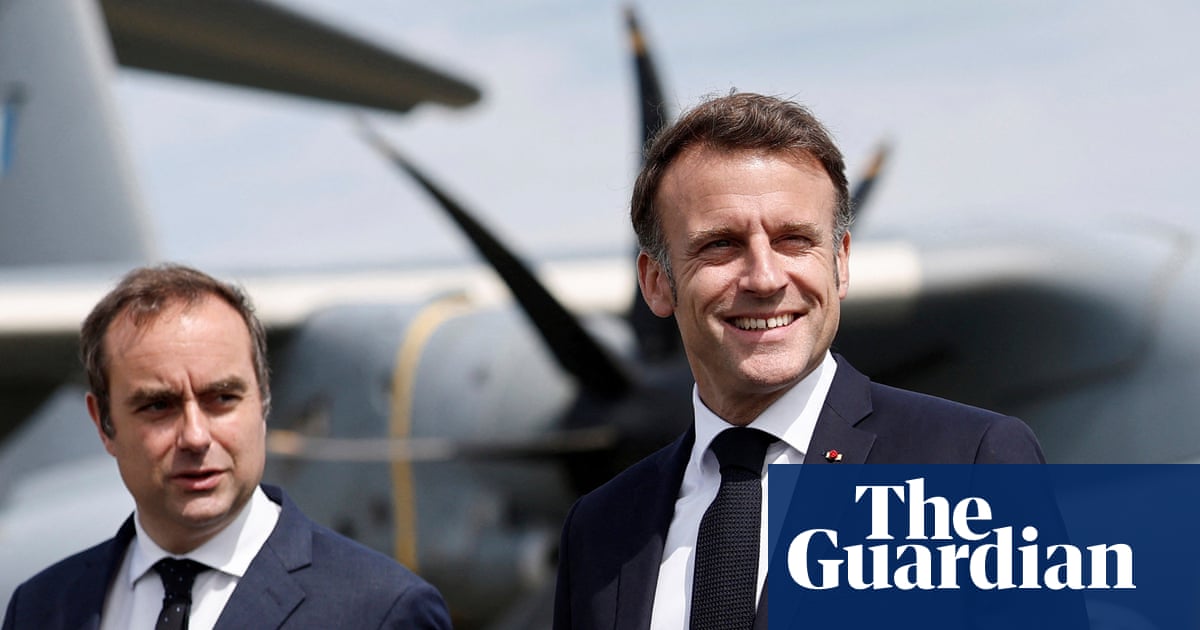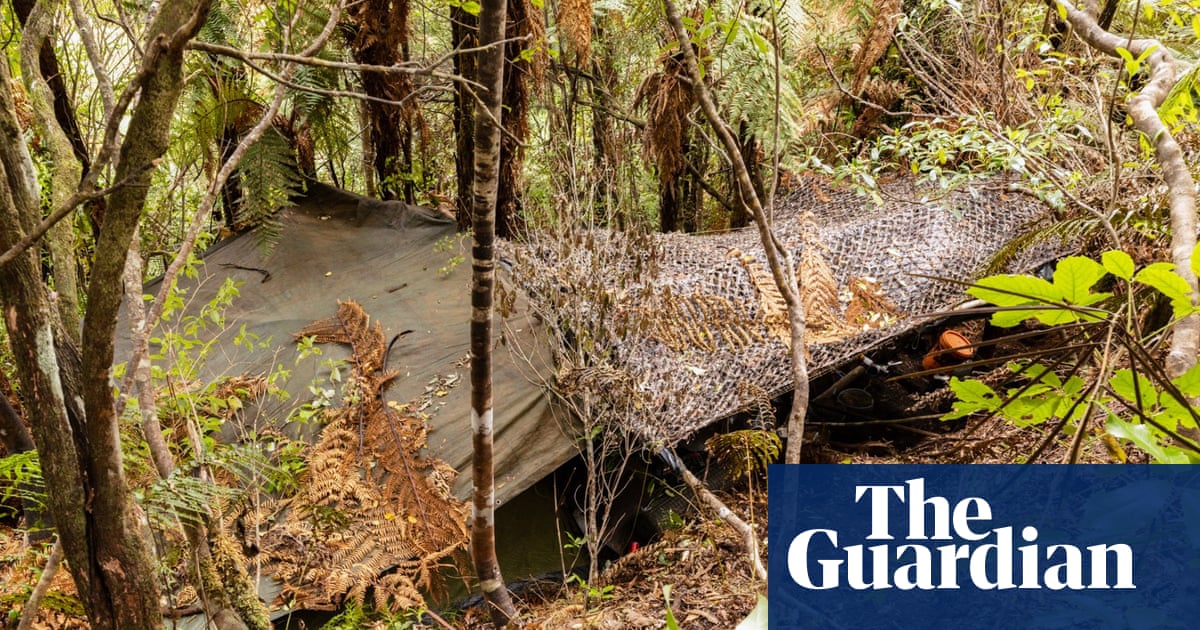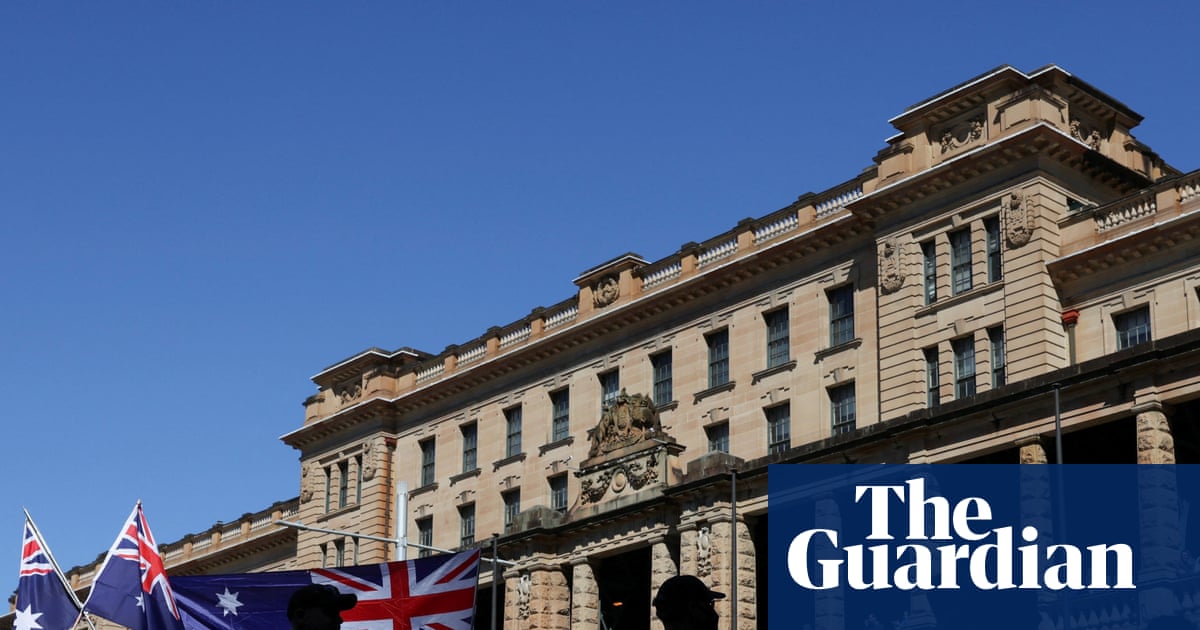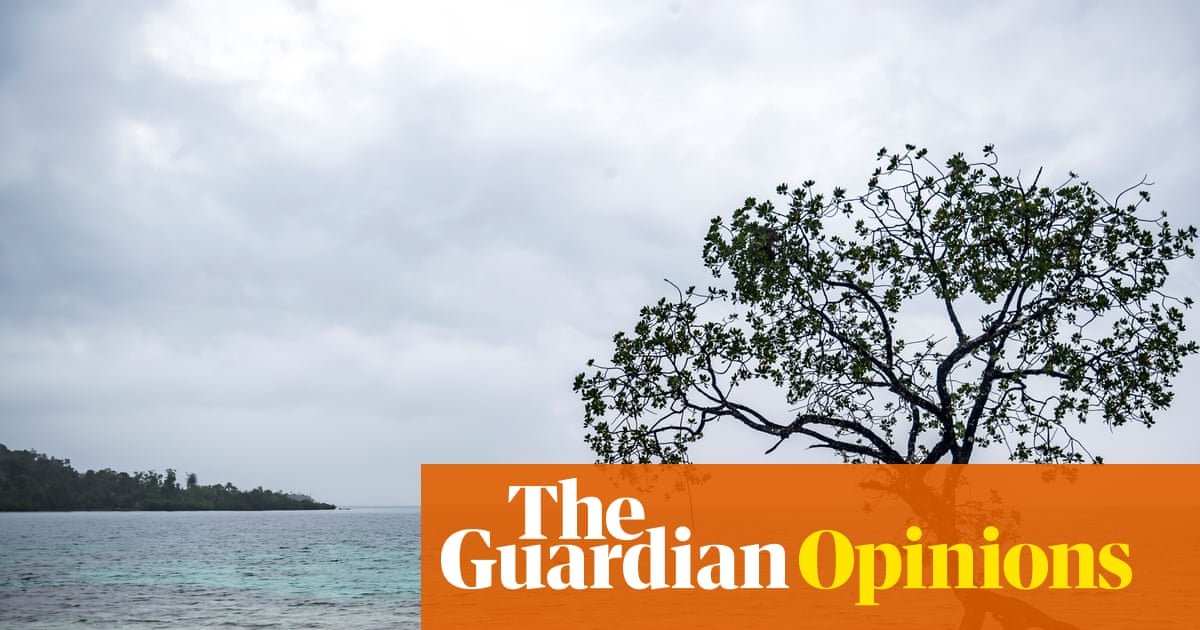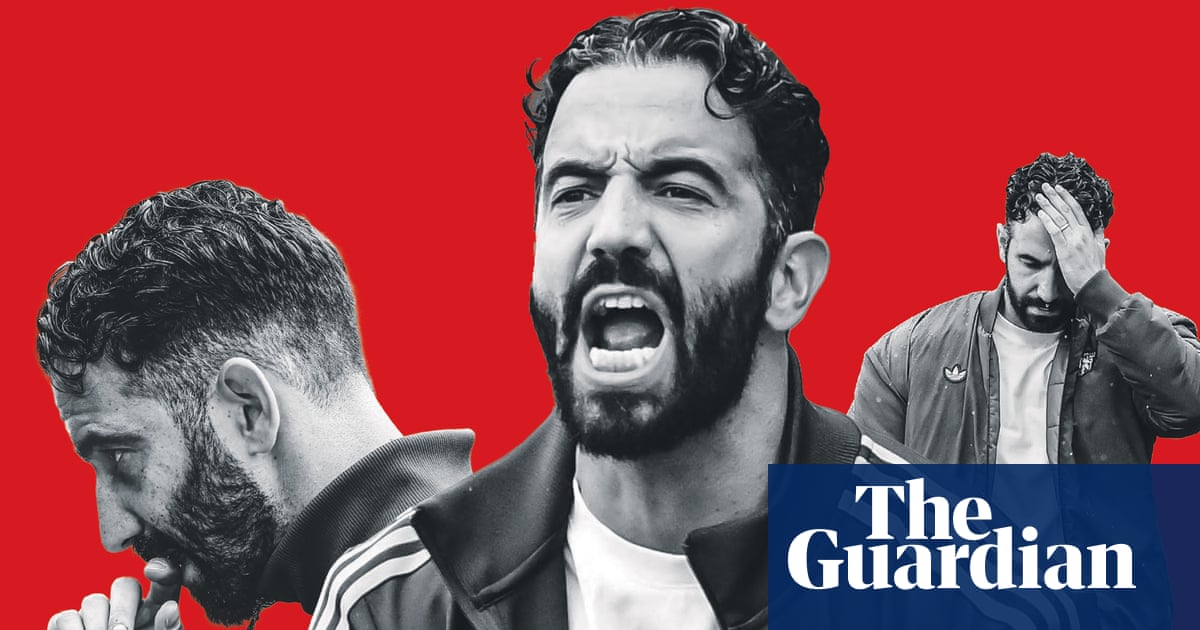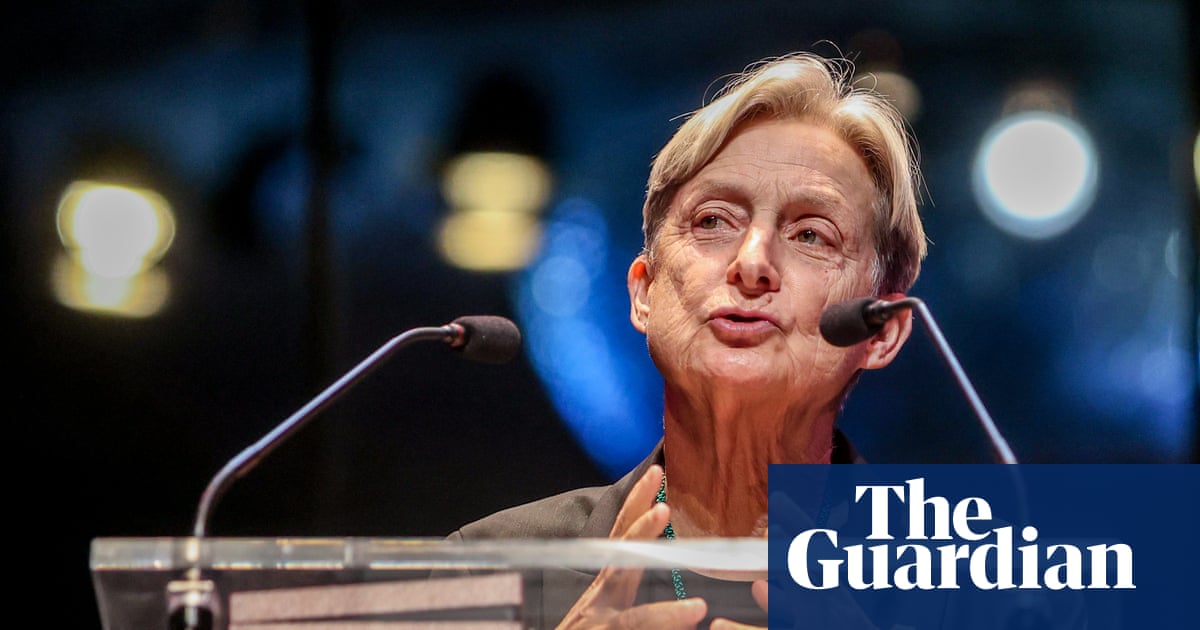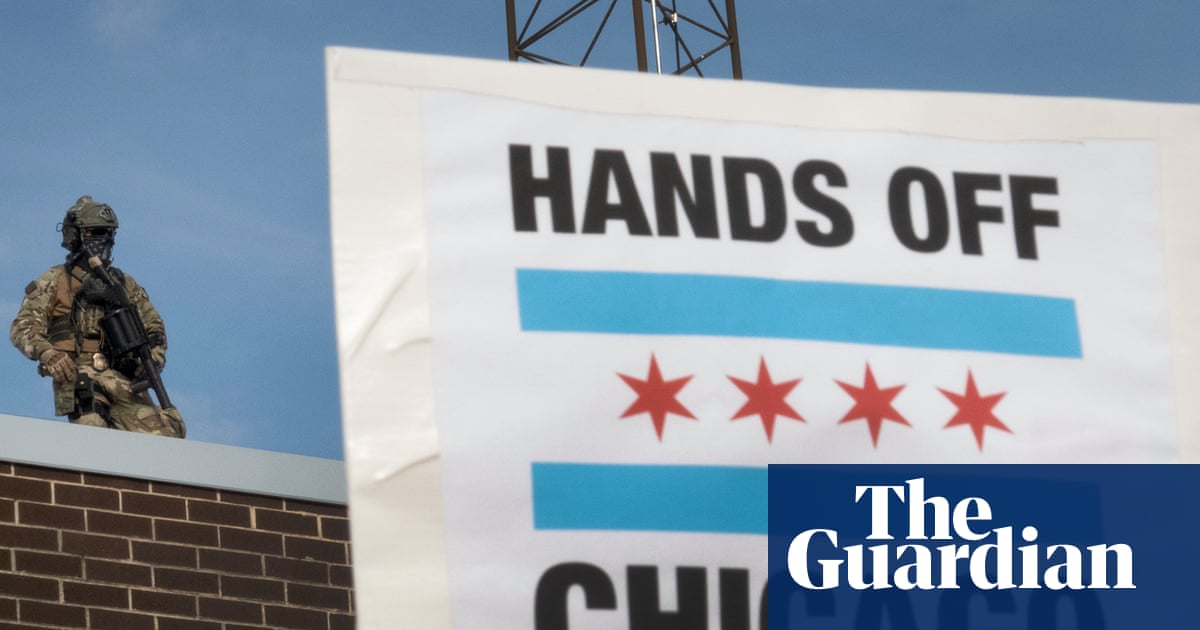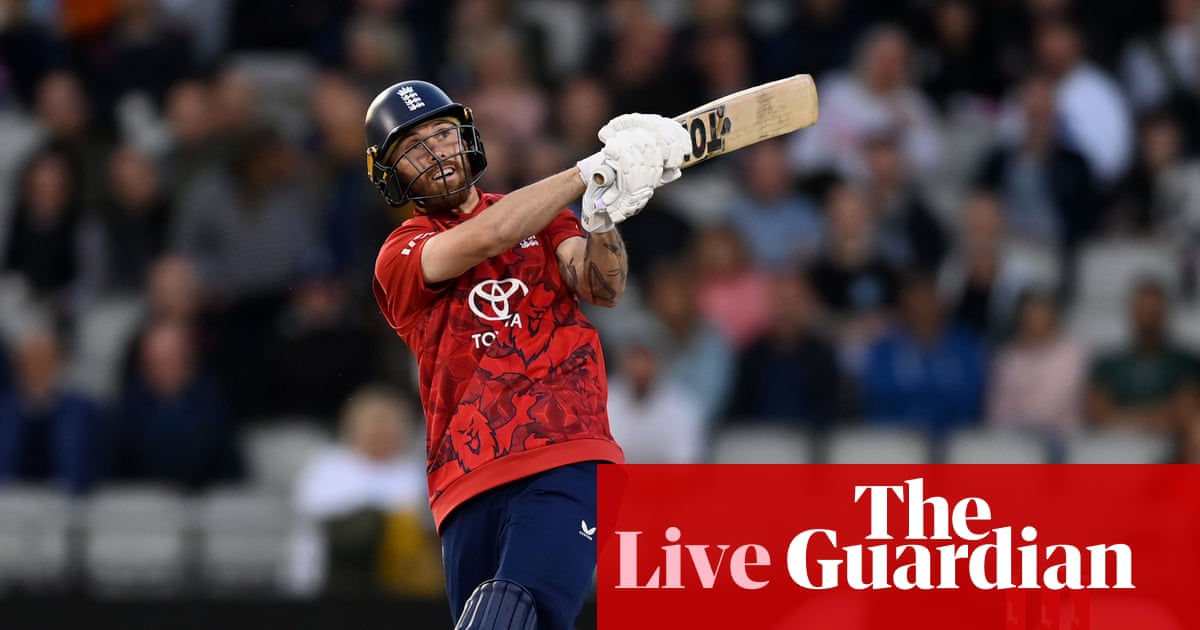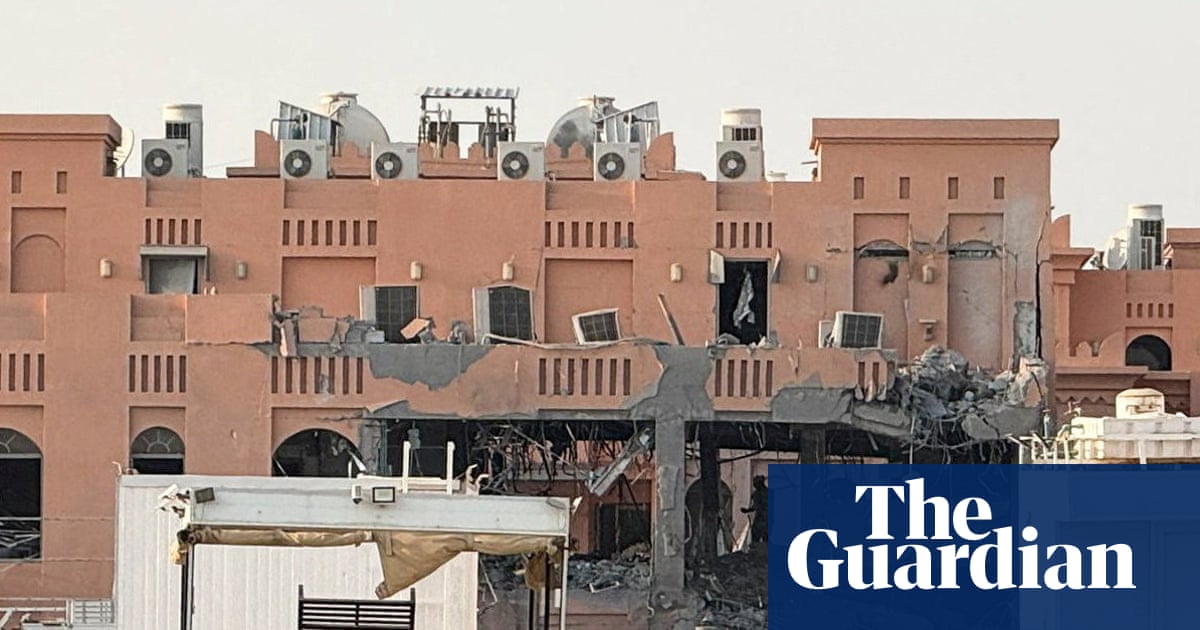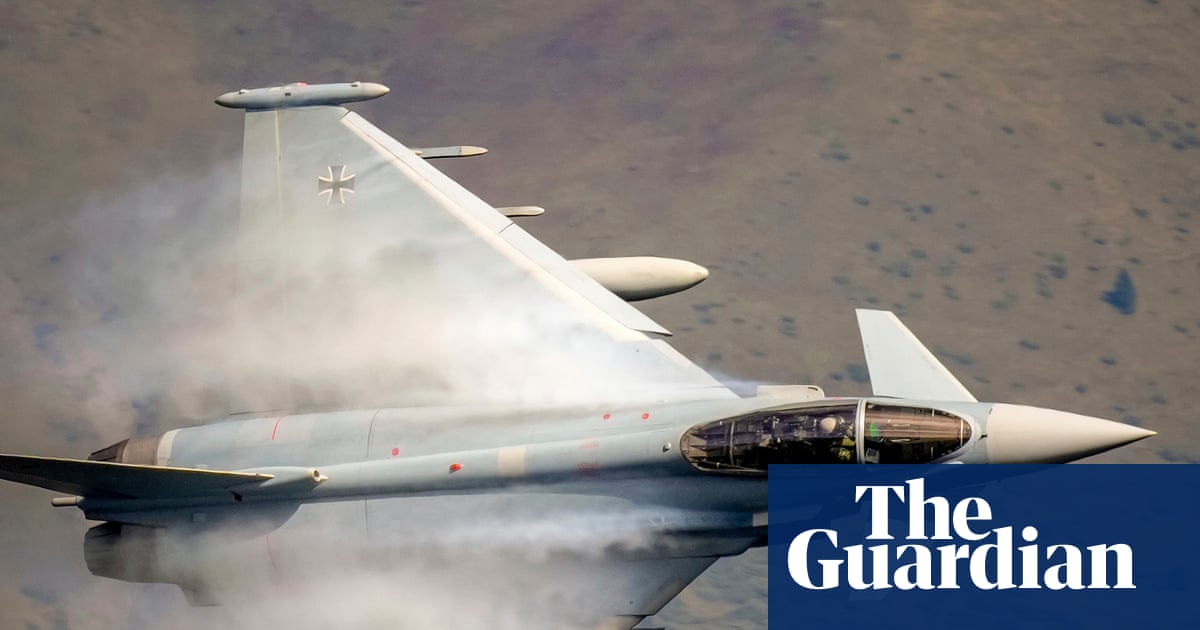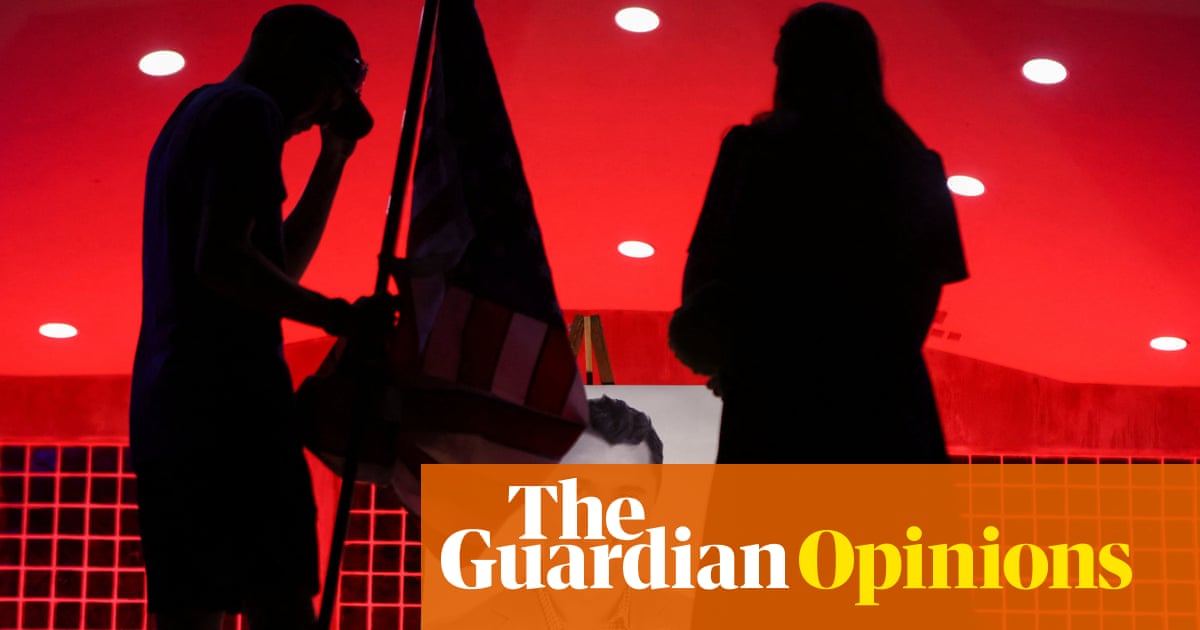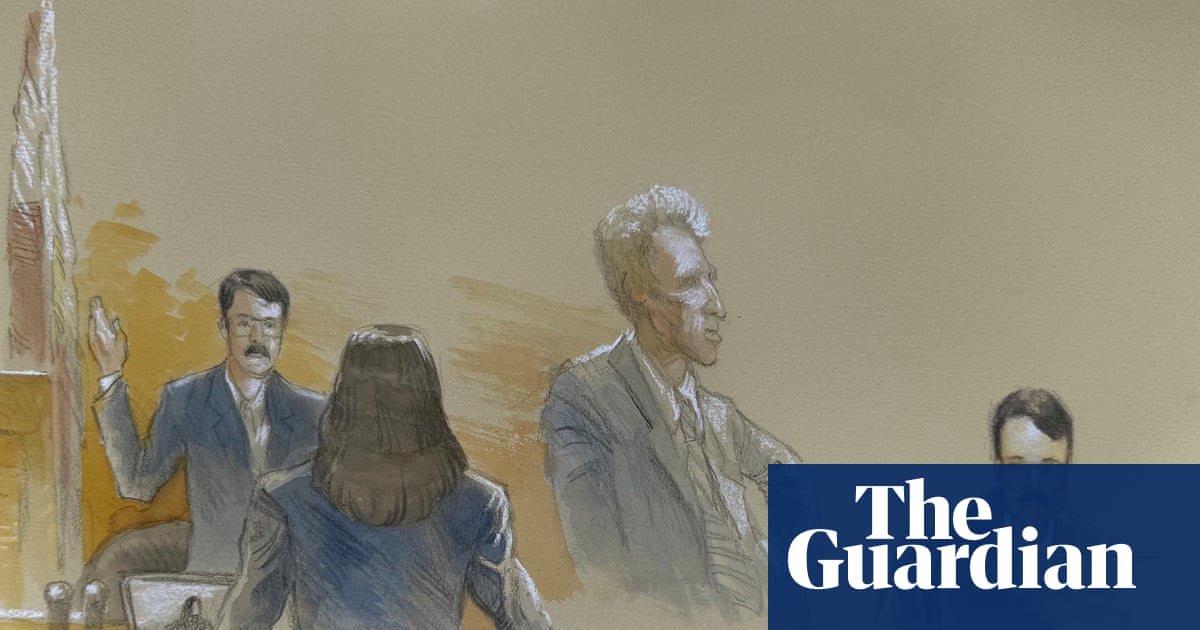The attempted assassination of a Colombian presidential hopeful has reignited fears of a return to a bloody past when organized crime and rebel groups murdered candidates, journalists, judges with impunity.
The shooting of Miguel Uribe Turbay was one of the most serious attacks against a high-ranking politician in Colombia this century, and comes as a deteriorating security crisis grips the Andean nation.
“We’re going back to the worst moments of violence that our country has known,” said Andrés Barrios, a councilman and close friend of Uribe’s, who was standing beside him when he was shot. “It’s a very difficult time.”
Uribe, a 39-year-old opposition candidate from the rightwing Centro Democrático party, was shot twice in the head and once in the leg during the campaign event.
Graphic videos showed the senator bleeding profusely and slumped against the floor; he remains in a critical condition. A 15-year-old reportedly said he was paid to shoot Uribe and has been charged with attempted murder. He has pleaded not guilty.
For many Colombians, the attack is reminiscent of some of the darkest chapters of their country’s recent history. Between 1986 and 1990 five presidential candidates were murdered, while grassroots political activity was marred by regular violence. The country’s last high-profile political assassinations were in 1995.
“Symbolically, it draws on the memory of a whole generation of Colombians who grew up at a time when violence was used as a tool at the height of politics,” said Elizabeth Dickinson, an analyst at the International Crisis Group.
She added that Colombia political assassinations have historically been used to send messages, reconfigure power or pressure the government – and that the attack was meant to “draw out fear and re-instill it and stoke polarisation”.
While a military campaign against leftist rebels in the mid-2000s and a 2016 peace agreement with the country’s largest guerrilla army ushered in a period of relative calm, many of the terms of the deal were never implemented, and new armed groups emerged, often financed with drug money.
Over recent years, violence has surged. Human Rights Watch reported that since 2016, homicides have increased by 20.9%, kidnappings by 34.8% and mass forced displacements have quadrupled.
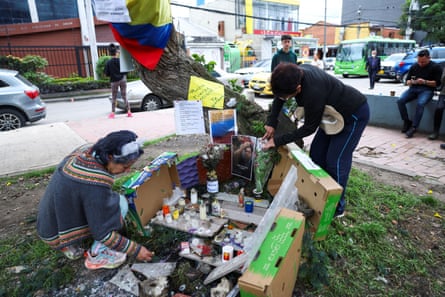
This week a wave of coordinated bomb and gun attacks killed at least seven people and wounded 50 across the country’s south-west. Police said attackers launched 19 attacks across Cali – the country’s third largest city – and several nearby towns, hitting police stations, municipal buildings and civilian targets. In January, violence escalated on the other side of the country between armed groups fighting for control of a region bordering Venezuela, leading to the displacement of more than 50,000 people.
“It’s a devastating moment for Colombia,” said Juanita Goebertus Estrada, Americas director at Human Rights Watch, adding that the 7 June assassination attack has sent a “chilling message” to anyone wanting to engage in politics.
“If someone like Miguel – with a security detail and from an established political family – can suffer the kind of attack that he did, then really no one is safe,” Goebertus said. “This is a reminder for those of us who actually lived through violence in the 80s that that violence is still very much present, and for those younger ones, a rediscovery.”
Barrios criticised the government’s handling of the recent spike in violence, saying that violence “is escalating because these criminal structures are doing whatever the heck they want”. He also said that Uribe had requested increased security from the government 25 times before the shooting, but that his appeals were denied.
The Colombian president, Gustavo Petro, has acknowledged that the security for Uribe had been severely reduced on the day of the attack, and said he was ordering increased security measures for opposition leaders. Petro also blamed a global crime syndicate for the shooting, saying: “The assassins want us to kill each other, weaken the state, and advance their control over the illicit economy.”
Uribe had been gearing up for next year’s elections, scheduled for 31 May, although not considered a frontrunner. Several other potential candidates have suspended their campaigning activities following the attack.
León Valencia, director of the Bogotá-based Peace and Reconciliation Foundation which monitors political-electoral violence, said four political leaders have already been murdered since this election cycle began on 8 March, and a further 53 people have reported politically motivated threats.
“There’s always a lot of violence at the bottom in Colombian politics, but this incident is unique, because it concerns a presidential candidate,” he said. “This attack – a harsh attack on democracy – has marred the electoral campaign.”
Valencia cautioned, however, that there is a “very big difference” between the 90s and today. “First, the guerilla groups and the armed groups are not as strong as they were in the past, and second, there aren’t any cartels with the power of Pablo Escobar or Cali,” he said.
In the aftermath of the attack, the left and the right have traded blows about inciting hatred amid a tense political dispute over proposed reforms. “Colombia’s political leaders need to defend peaceful political participation and refrain from using hate speech that can incite political violence and put lives at risk,” Goebertus said.
Uribe hails from one of Colombia’s most prominent political families – his grandfather Julio César Turbay Ayala held the presidency between 1978-82 – and was raised in the shadow of the country’s violence. When he was four, his mother, journalist Diana Turbay, was kidnapped by Pablo Escobar’s Medellín cartel and killed during a botched rescue operation in 1991.
“One of the hardest things Miguel had to face in his life was growing up without his mother,” said Barrios, speaking by phone from inside the hospital where Uribe remains in critical care. “I pray his own son does not have to go through the same.”

 3 months ago
44
3 months ago
44



